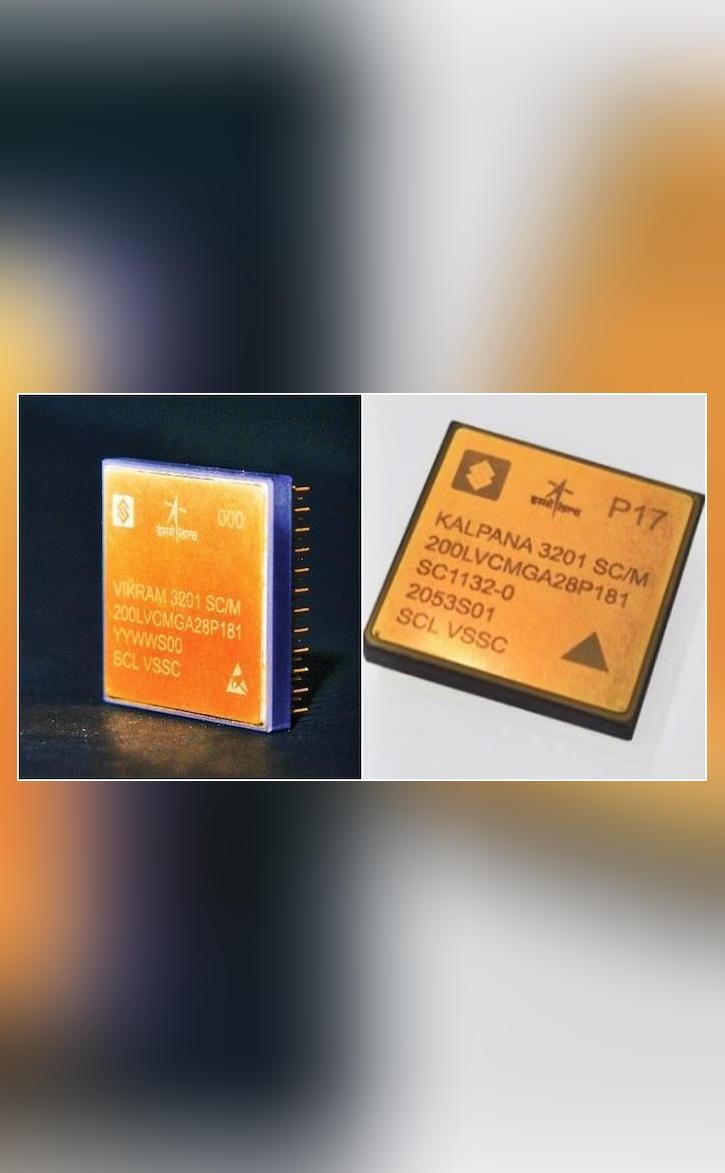
ISRO & SCL Develop 32-bit Microprocessors for Space Applications
In a significant achievement for the Indian space industry, the Indian Space Research Organisation (ISRO) and the Semiconductor Laboratory (SCL) in Chandigarh have jointly developed two 32-bit microprocessors, VIKRAM3201 and KALPANA3201. These microprocessors have been specifically designed for space applications, where the harsh environmental conditions of launch vehicles and spacecraft pose significant challenges.
The development of these microprocessors is a major milestone in India’s quest for self-reliance in space technology. VIKRAM3201, in particular, is the first fully “Make-in-India” 32-bit microprocessor to be qualified for use in the harsh environmental conditions of launch vehicles. This achievement is a testament to the capabilities of Indian scientists and engineers in the field of space technology.
Background
The development of microprocessors for space applications is a complex and challenging task. Space microprocessors require specific design and testing to ensure that they can withstand the extreme temperatures, radiation, and vibrations encountered during launch and space travel. The requirements for space microprocessors are much more stringent than those for commercial microprocessors, which are designed for use in a variety of environments.
ISRO has been working on developing indigenous microprocessors for space applications for several years. The organisation has developed several microprocessors, including the 8-bit VIKRAM8 and the 16-bit KALPANA16. However, the development of 32-bit microprocessors with advanced features and performance capabilities has been a major challenge.
IKRAM3201 and KALPANA3201
VIKRAM3201 is a 32-bit microprocessor that has been designed to operate in the harsh environmental conditions of launch vehicles. The processor has been designed to withstand temperatures ranging from -150°C to 150°C, making it suitable for use in a variety of space applications. KALPANA3201, on the other hand, is a 32-bit microprocessor that has been designed for use in spacecraft. The processor has been designed to operate in a radiation-hardened environment and can withstand radiation levels up to 100 krads.
Both microprocessors have been designed using advanced fabrication technologies and have been tested to ensure that they meet the stringent requirements of space applications. The processors have been tested for performance, power consumption, and radiation hardness, and have been found to meet the requirements of ISRO’s space missions.
Features and Performance
VIKRAM3201 and KALPANA3201 have been designed to provide advanced features and performance capabilities. The processors have been designed to operate at clock speeds of up to 100 MHz and have a power consumption of less than 1 watt. The processors have also been designed to provide advanced features such as error correction, memory management, and communication interfaces.
VIKRAM3201 has been designed to provide a high level of fault tolerance and has been tested to ensure that it can operate reliably in the event of errors or failures. The processor has also been designed to provide advanced security features, including encryption and decryption capabilities.
Applications
The VIKRAM3201 and KALPANA3201 microprocessors have been designed to be used in a variety of space applications, including launch vehicles, spacecraft, and ground control systems. The processors are expected to be used in a range of missions, including satellite communications, navigation, and Earth observation.
The development of these microprocessors is expected to provide significant benefits to India’s space industry. The processors will enable Indian spacecraft to operate more efficiently and reliably, and will provide India with greater control over its space missions.
Conclusion
The development of VIKRAM3201 and KALPANA3201 microprocessors is a major achievement for ISRO and SCL. The microprocessors have been designed to meet the stringent requirements of space applications and have been tested to ensure that they provide reliable and efficient performance. The development of these microprocessors is expected to provide significant benefits to India’s space industry and will enable Indian spacecraft to operate more efficiently and reliably.
News Source:
https://www.isro.gov.in/vikram3201.html






